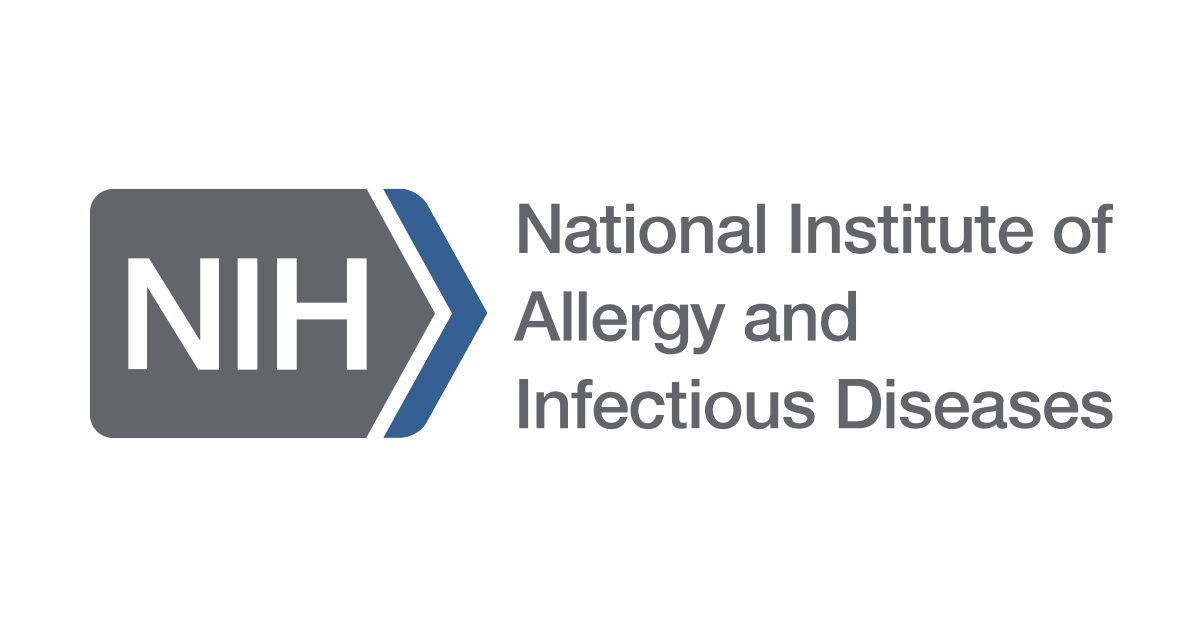DGS49
Diamond Member
A good friend of mine is an elderly man with a couple different forms of cancer. One might say he is just playing out the string and he would be lucky to last another year.
His doctor advised him last week that there is a new drug available that "has shown great promise" in slowing the progress of the types of cancer he has, and could very well give him another year or two of life. The drug is a monthly injection and costs about $1,200 per shot. Because it is still "experimental," his insurance won't cover it.
He has the resources to buy this drug - his other drugs cost him several hundred dollars a month in co-pays - and he will get it filled as long as he can.
But what would happen under these circumstances in, for example, Canada, GB, or Sweden? Would they even have access to such a drug? Would it be paid for without question by the national health service?
I also wonder what would happen to a Medicaid patient in the U.S. Would it even be "on the table" as an option?
Anyone reading this have any insights?
His doctor advised him last week that there is a new drug available that "has shown great promise" in slowing the progress of the types of cancer he has, and could very well give him another year or two of life. The drug is a monthly injection and costs about $1,200 per shot. Because it is still "experimental," his insurance won't cover it.
He has the resources to buy this drug - his other drugs cost him several hundred dollars a month in co-pays - and he will get it filled as long as he can.
But what would happen under these circumstances in, for example, Canada, GB, or Sweden? Would they even have access to such a drug? Would it be paid for without question by the national health service?
I also wonder what would happen to a Medicaid patient in the U.S. Would it even be "on the table" as an option?
Anyone reading this have any insights?


:max_bytes(150000):strip_icc()/GettyImages-148614212-5941931b5f9b58d58acd6755.jpg)